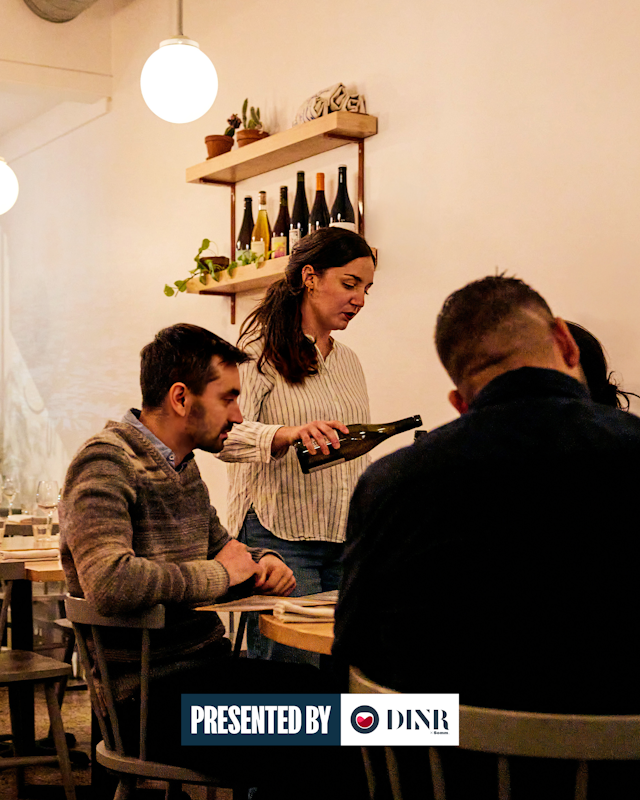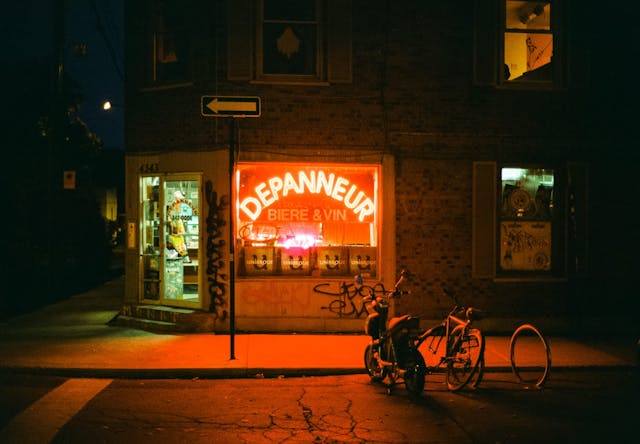You may have seen them around, the kit’ed out bike punks on cargo bikes with boxes piled above their heads, weaving through traffic and unfazed by jams through snow and ice. They don’t wait at red lights or follow the direction of one-way streets. They’re much more efficient than car delivery across long distances, and it’s the most environmentally friendly way to deliver anything.
Montreal’s home to every niche subculture you could think of—one of which is bike messengers, and it’s a major centre of the international scene.
BUT FIRST, A BRIEF HISTORY OF MESSENGER CULTURE
It’s hotly contended, but lots of people will tell you messengers began in New York in the 1980’s. At this time, the New York messenger community was mostly POC, especially people of Caribbean descent who worked downtown and rode track bikes because of their simplicity, sleek aesthetic and lack of brakes.
For readers who care about Montreal
Create a free account to read this story and access 3 articles per month, plus our weekly Bulletin.
Independent. Local. Reader-supported. Join 10,000+ Montrealers today.
Already a member? Sign in












![The Bulletin: Packed dancefloors, bar-hopping, and a last-minute Valentine's Day planner [Issue #168]](/_next/image?url=https%3A%2F%2Fthemain.ghost.io%2Fcontent%2Fimages%2F2026%2F02%2FMayaNaidu_Coq-de-l-Est_The-Main-22-2-1.jpg&w=256&q=75)



![The Reeds: A Novel [Stamped by Author]](/_next/image?url=https%3A%2F%2Fcdn.shopify.com%2Fs%2Ffiles%2F1%2F0601%2F1709%2F0544%2Ffiles%2FIMG_9098.heic%3Fv%3D1730301494&w=3840&q=75)